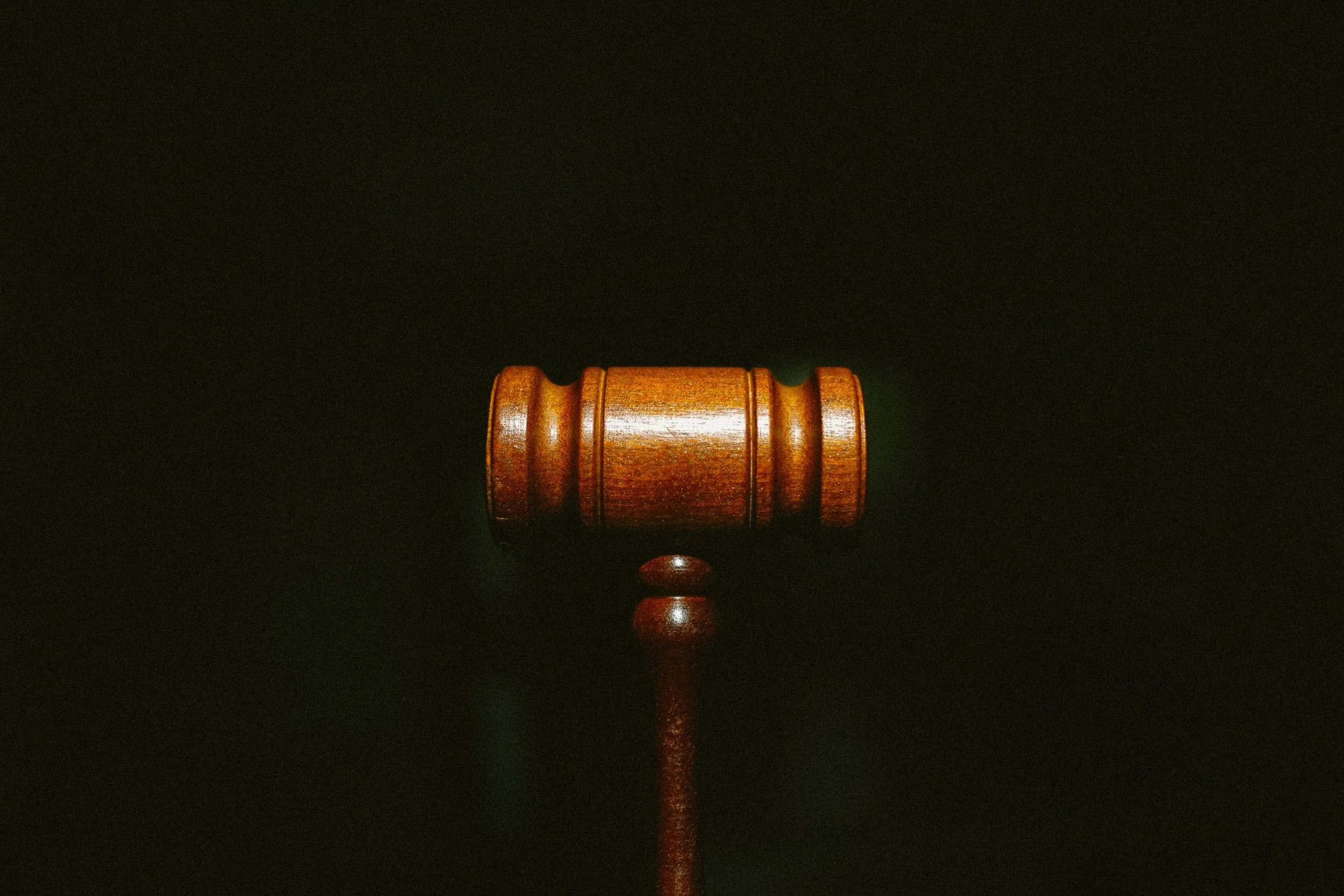Blog
Are your business practices violating consumer laws?
In part one of a two-part series on consumer laws, we discussed the Consumer Sales practices Act (“CSPA”) and reviewed, generally, some rules that businesses should follow to have their best shot at keeping compliant under the CSPA. However, because the CSPA is technical and nuanced and its application is somewhat complicated and very fact driven, it is typically necessary to consult with an attorney to make sure you are protected. If that option is out of reach, one way to get familiar is to seek guidance at the Ohio Attorney General’s website.
Don’t ignore consumer law and find yourself on the wrong side of a Consumer Sales Practices Act lawsuit
Why you need to understand the Consumer Sales Practices Act (“CSPA”)The CSPA is a series of laws that set forth many requirements that suppliers must follow in most commercial transactions.
Litigation – what you can expect, Part II
In Part I of Litigation – what you can expect, we discussed the first two phases of litigation, which are pleadings and discovery. The next two phases of litigation are dispositive motions and preparation for trial prep / trial.
Litigation – what you can expect
Whether it is you bringing the lawsuit or whether you are the one being sued and finding yourself defending allegations in court, there are certain things you should understand and expect.
When do you need a confidentiality agreement / nondisclosure agreement?
onfidentiality (non-disclosure) agreements can be a very important part of many transactions and professional relationships. The trick is to know when you need one, and to know under what circumstances it is appropriate to request that one be signed or to sign one yourself.
What happens to the business when a business owner dies?
The first thing to consider is that your business itself is an asset, your share/interest in a business is an asset with independent value, completely separate from the income generated from the business.
What is a strategic partnership and how can your business benefit from the right arrangement?
A strategic partnership is a contract that was formed on the basis of a mutually beneficial relationship between two business entities. For example, a small business and a larger business might partner for any number of reasons, including market access, common goals, or relationship building.
PPP Loan 2.0: What small business owners need to do right now to get ready
The most recent stimulus relief bill contains $284 billion for a second round of loans to small businesses under the government’s Paycheck Protection Program.
Alternative dispute resolution
When it comes to legal disputes, there’s more than one way to skin a cat.
Start-up processes for small business owners
There is nothing more satisfying or more difficult than owning your own business. Starting and operating a small business is exciting, interesting and, arguably, a complete gamble. To increase your chances of success, be brave, work hard, and develop a relationship with a good lawyer.
Annual Minutes
As the end of the year approaches, do you have your company’s annual meeting planned? Have you drafted your company’s annual minutes?
Four Steps to Forming a Nonprofit
You've got a cause you care about — now you just need the legal status that will help your organization raise money and work for that cause. Here are four steps to help you understand the process, but as always, call Wick Law for more details.
Using Your Business for Good
Right now, developing new ideas to supplement core products and services is one way businesses are continuing to operate and stay relevant. Post COVID-19, your small business may need to pivot and re-configure the day-to-day.
10 Items Your Service Agreement Must Address
In the aftermath of COVID-19, many small businesses are making necessary pivots to their business model in order to stay afloat.



















